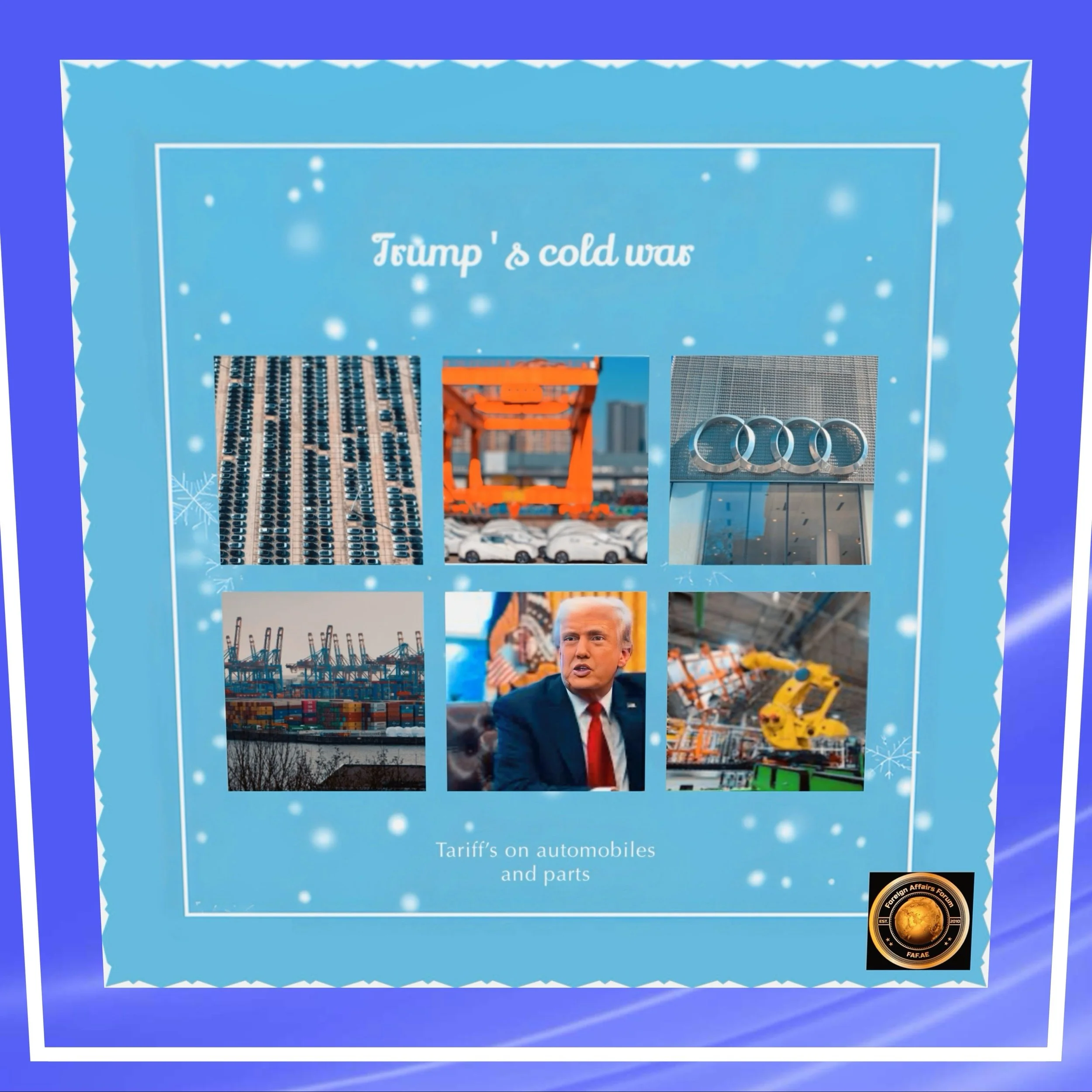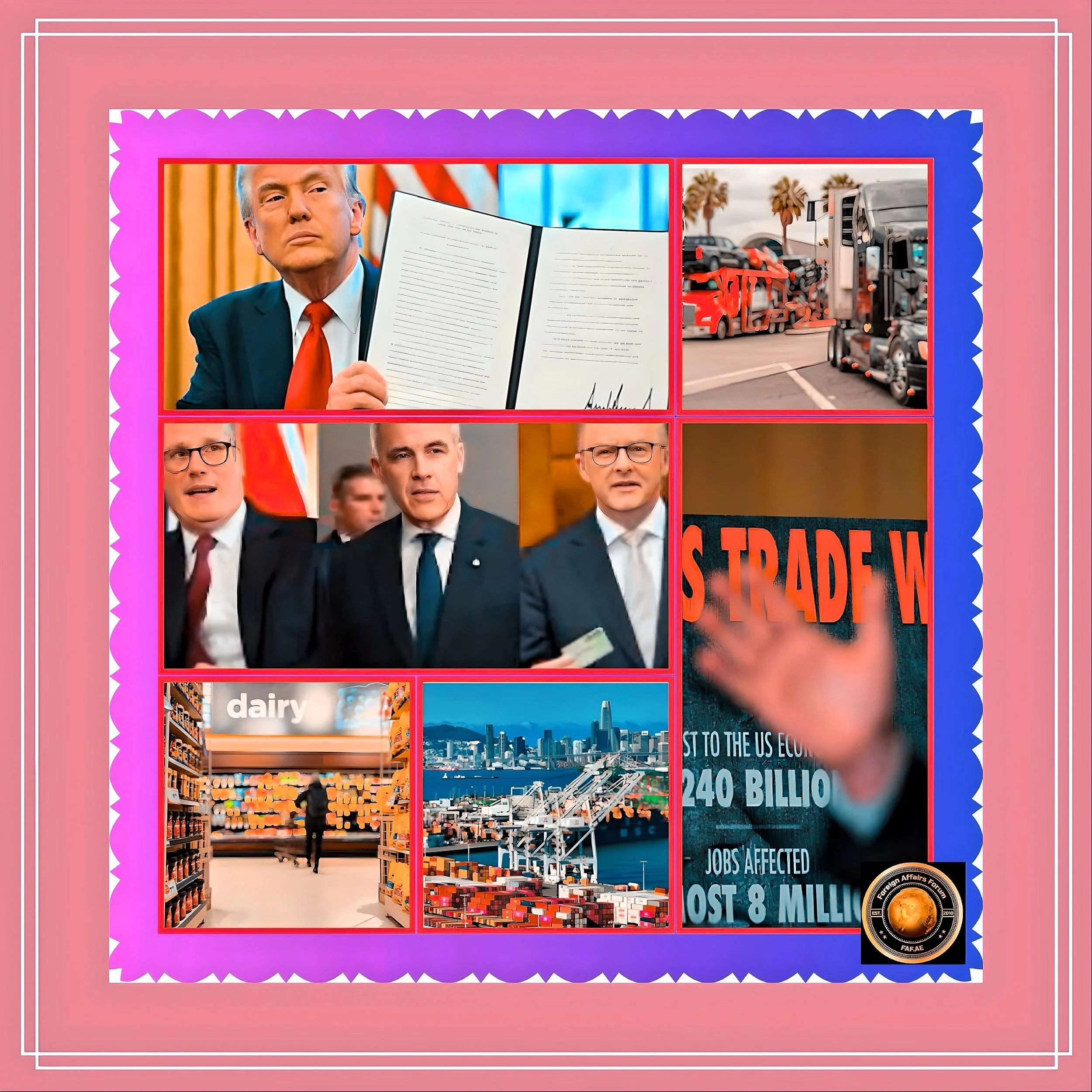Will Trump’s Tariffs Benefit Elon Musk and Tesla in the Short and Long Term?
Introduction
The recent implementation of Trump’s aggressive tariff policies, particularly the 25% duty on imported vehicles and auto parts, creates a complex picture for Tesla.
While these tariffs will impact all automakers, Tesla appears positioned to weather the storm better than most competitors, though not without challenges.
Short-Term Advantages for Tesla
Tesla enjoys several strategic advantages that position it favorably compared to competitors in this new tariff environment:
Domestic Manufacturing Footprint
Tesla manufactures all vehicles sold in the US at its domestic facilities in Fremont, California, and Austin, Texas.
This starkly contrasts with competitors like Toyota, which imports 55% of its US sales, and GM, which relies on imports for 48% of its US sales.
Garrett Nelson from CFRA noted that Cars.com recognized Tesla as the “most American-made car company” from 2022 to 2024.
Higher Domestic Content
According to Bernstein’s analysis, approximately 61% of parts in Tesla vehicles sold in the US are sourced domestically, with an additional 22% from Mexico, 7% from Canada, and 3% from China.
This higher percentage of domestic content provides Tesla with a significant buffer against the full impact of tariffs compared to competitors.
Market Response
The market has already recognized Tesla’s relative advantage, with its stock climbing nearly 4% following the tariff announcement. At the same time, competitors faced significant declines – GM’s stock plummeted by 8%, Ford dropped 4%, and Stellantis saw a decrease of nearly 3%.
Analysts from Bernstein declared, “Tesla emerges victorious, while Detroit suffers” and identified Tesla as “clearly the structural victor: localized production, robust market share, and better protection against trade risks.”
Short-Term Challenges for Tesla
Despite these advantages, Tesla is not immune to the tariff impact:
Not “Unscathed” by Tariffs
Elon Musk acknowledged that Tesla would face challenges, stating, “It is important to note that Tesla is NOT unscathed here.
The tariff impact on Tesla is still significant”. He further clarified: “To be clear, this will affect the price of parts in Tesla cars from other countries. The cost impact is not trivial”.
Supply Chain Disruption
With approximately 32% of Tesla’s components coming from countries like Mexico, Canada, and China, the company will still face increased costs on these imported parts.
Tesla sources auto parts worth $1-2 billion annually from international suppliers, including about 30 Indian automotive manufacturers.
Production Cost Increases
The tariffs will inevitably increase Tesla's production costs, potentially squeezing profit margins unless the company raises prices or finds cost efficiencies elsewhere.
Tesla’s average gross margin of about 25% provides some cushion, but absorbing additional costs from a 25% tariff on imported parts would still impact profitability.
Long-Term Strategic Implications
Potential Long-Term Benefits
In the long term, Tesla may be well-positioned to adapt to and potentially benefit from the changing trade landscape
Accelerated Vertical Integration
Tesla’s vertical integration strategy, including in-house battery production and vehicle assembly, gives it greater control over its supply chain.
This approach could become increasingly valuable in a high-tariff environment, allowing Tesla to reduce dependencies on external suppliers.
Supply Chain Adaptability
Tesla has previously demonstrated remarkable adaptability in navigating supply chain challenges.
During previous disruptions, Tesla’s ability to design components in-house gave it agility in tweaking parts and coping with supply chain issues that hit other automakers much harder.
As Volkswagen CEO Herbert Diess observed, Tesla’s capability to adapt its software to accommodate new chips within 2-3 weeks was noteworthy.
Competitive Repositioning
As competitors struggle with higher costs and potential market share losses, Tesla could strengthen its position in the US market. Musk has indicated that while policies like removing EV tax credits would be “devastating for our competitors and slightly for Tesla,” they might help Tesla in the long term.
Long-Term Challenges
Global Expansion Complications
The new tariff environment may complicate Tesla’s planned expansion with Gigafactory Mexico (due in 2025). Additionally, retaliatory tariffs from other countries could affect Tesla’s global operations and exports, potentially undermining its competitiveness in international markets.
Supply Chain Restructuring Costs
Shifting supply chains to increase domestic content would involve significant investments and disruption. Research suggests that while tariffs may force manufacturing adjustments, they don’t necessarily bring back global supply chains effectively.
Broader Economic Impact
Economists broadly agree that Trump’s tariffs will lead to higher prices and slower economic growth. This could reduce overall consumer purchasing power and vehicle demand. The Center for American Progress estimates families will face $1,500-$2,500 in additional costs due to tariffs, which could dampen consumer spending on big-ticket items like vehicles.
Conclusion
Trump’s tariffs create a mixed but generally favorable picture for Tesla relative to competitors.
In the short term, Tesla will likely gain a relative advantage due to its higher domestic production and sourcing, though the company will still face increased costs and supply chain challenges that Musk has characterized as “significant.”
In the long term, Tesla’s vertical integration, domestic manufacturing capability, and adaptability position it well to navigate a high-tariff environment.
However, the broader economic impacts, global trade tensions, and potential market contraction create significant uncertainties.
Tesla’s success will largely depend on how effectively it can adapt its supply chain, leverage its manufacturing advantages to maintain or expand market share, and navigate an increasingly complex global trade landscape.
While not without challenges, Tesla appears better positioned than most automakers to weather – and potentially benefit from – the new tariff regime.






